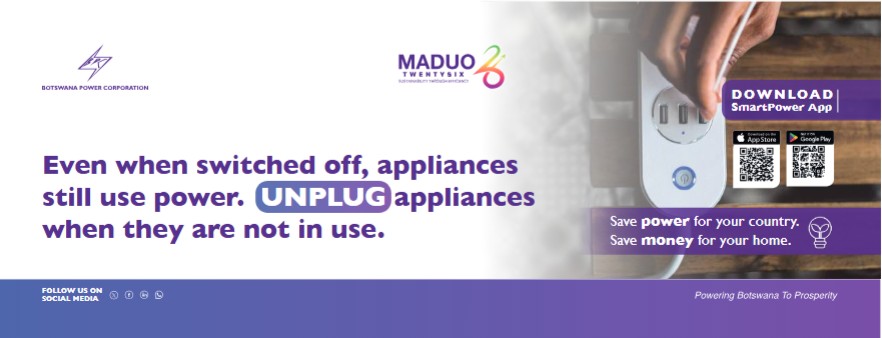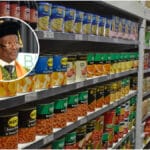Civil conversation with the Khato Civils king
In this week’s chapter of Meet the Boss, Voice Money’s KABELO ADAMSON chats to Khato Civils’ Executive Chairman, Simbi Phiri.
Established in the mid-90s, the South African-based enterprise specialises in engineering, construction, and infrastructure development.
As Phiri proudly highlights, the company has built its reputation on finishing projects well within time and budget.
Explain the name behind Khato.
Khato basically means a step forward like is in ‘Kgato’, although in South Africa we pronounce it as Khato.
Briefly, provide the background of the company?
The company was established in the ’90s and has grown its niche market by finishing projects well on time and within budget throughout South Africa.
We have never had a project in South Africa that was outside of the budget.
This is what actually made Khato a household name because most of the companies in South Africa have time and cost overrun.
We looked at that and asked ourselves how we become relevant in a market that is full of construction companies.
We had to choose what we are going to do differently from what others are already doing.
And when did the business expand to Botswana?
Our first project in Botswana was the two pump stations in Phikwe about three years ago.
People said we bribed the Minister with a Corporate Social Investment (CSI) project of a school but that is what we do; we have to give something back to the community in which we operated.
It is a requirement in South Africa, but here companies seem to come to make money and leave without sharing the profits they have made with the community.
This is a practice that should not be allowed to go on – the government has to insist on companies to contribute to CSI!
Indeed! So what other projects do you have in the pipeline?
Well, we have a project in Malawi, Lilongwe – Salima Water project which is extracting water from Lake Malawi.
Lilongwe is experiencing serious water shortages and the only alternative is to get water from the lake.
That task has fallen on us, it was a competitive bid of seven companies and we won.
The project is worth P3.5 billion.
We are also going to be doing a water treatment plant in Gaborone after the pipeline.
The construction of the plant is supposed to take three-and-a-half years but we know we will do it in 18 months!
You sound confident?
It is not about confidence, it’s about ability!
We have done it and have the experience; we have done this for years, and all our experience is based on that.
This is a fact – it is not about talking out of impressing people.
Will you be engaging Batswana for the Malawian project?
Definitely, particularly the steel fixers will form part of any team that will be available there in Malawi.
It is also rumoured your company will undertake a multi-million Pula venture for the Zambezi-Chobe water project, your response to that?
Well, look, if there is any sort of project like that it has got nothing to do with me.
I have never seen an advert or responded to one and have never talked to anyone either in government or at work.
I was surprised to read about it!
Regarding the ongoing Masama water pipeline, there was some controversy surrounding how your company was awarded the tender during the State of Emergency (SoE)?
That is not correct, the tender was long awarded before the SoE period. It was advertised in 2016 or 2017.
What happened is that when there was a delay in appointing a contractor, the money was used for other projects.
So when a contractor was appointed, it was proposed that the funds be from another project re-directed to this one, and that required parliamentary approval.
Parliament was not approving the project.
There was a lot of misinformation during that time.
So when is the handover of the project?
Let me say the water is mid-way and there are some places where we were stuck with our sub-contractor but he is finishing up this week. Once they are done the water will be able to reach Mmamashia then we would be able to tell if there are leaks.
Once everything is done it will be up to the client to decide when they want to receive the project but it should be very soon because they need the water very quickly.
Recently there has been an influx of foreign-owned companies in Botswana and indeed the whole of Africa – you’re taking on this?
In the absence of formidable African countries, the Asians, Europeans would come.
There have not been many African construction companies that have come up strongly and that opens up for foreigners to come in and obviously to abuse because they don’t have indigenous competition.
We need to re-organise ourselves as black construction experts.















